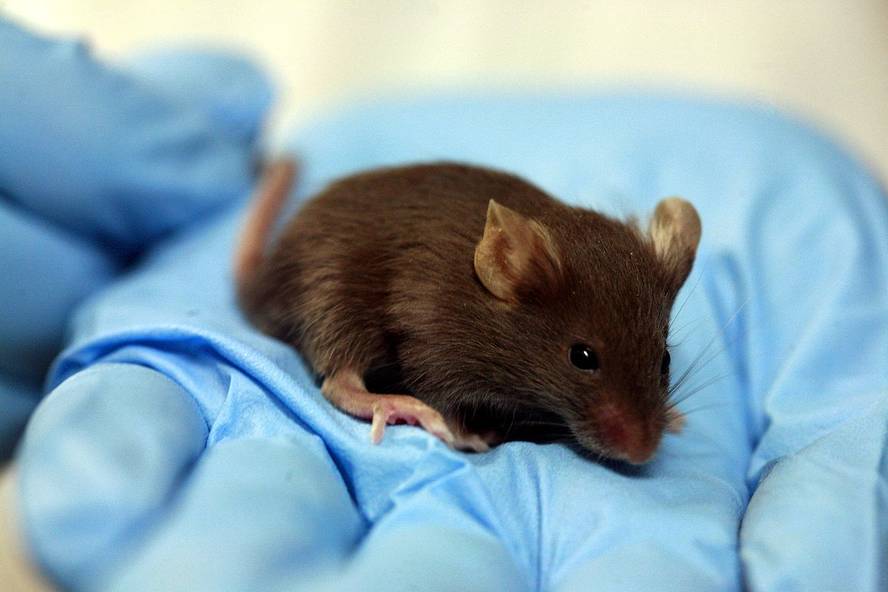They incorporate to the mice the memory of an experience they have not had during sleep

After the excitation of some brain zones, a series of experiments have been recently published that show that memory can be deceived. Among other things, researchers have managed to force them to remember mice or, on the contrary, to remove memories. On this occasion, mice have made certain places especially pleasant while sleeping by manipulating their memory and reward system.
Precisely, during sleep, the brain recalls the experiences lived during the day, a phenomenon known to neurologists and fundamental in the learning process. Researchers at the Paris School of Industrial Physics and Chemistry have taken advantage of this moment to incorporate new memories into the brain of mice.
In this way, the researchers have followed up during the day and have identified the cells that are activated. These cells are part of the GPS brain system, which was recognized last year by researchers who discovered and investigated.
Then, while mice were sleeping, some of the mice have been activated by the brain reward system along with the activation of cells related to specific places. The next day, researchers have shown that they had a tendency to go to places related to the prize. The mice to which the reward system had not been activated had no special tendency to move.
The experiment has been published in the journal Nature Neuroscience. Researchers believe that their research will be useful on the road to effective therapies for people with memory related alterations.






